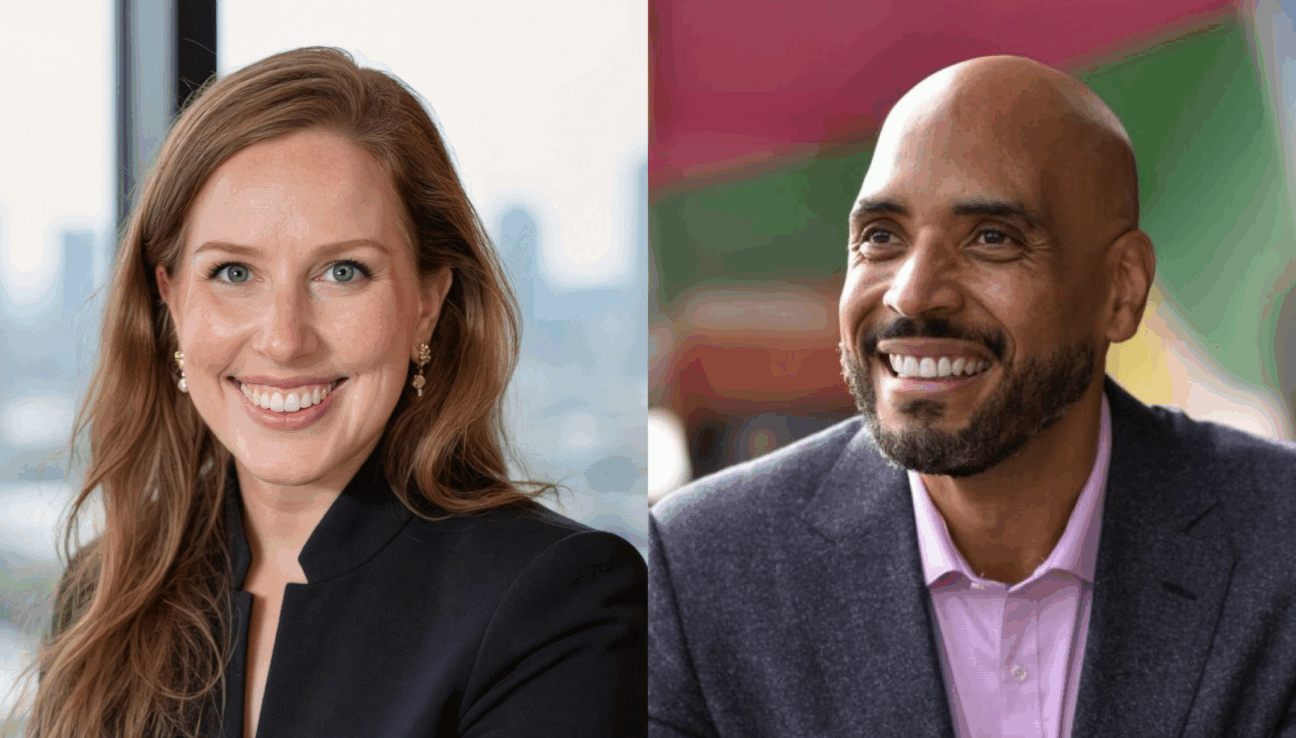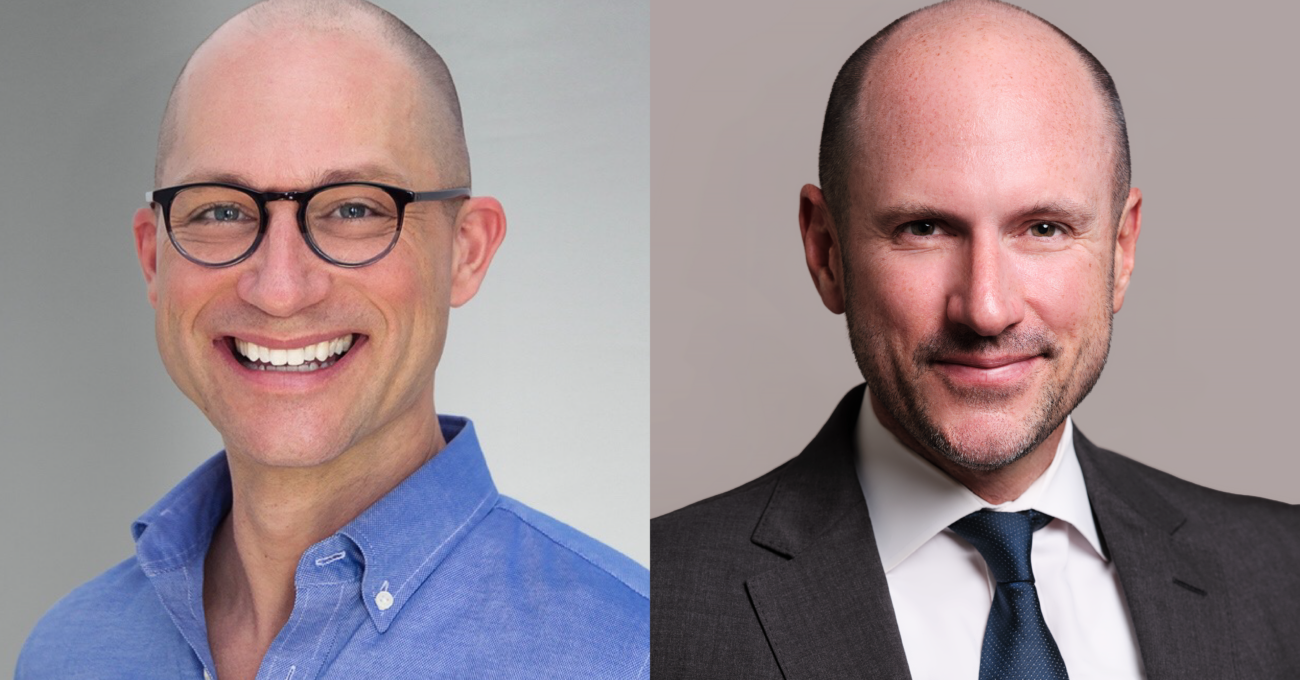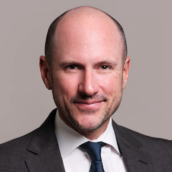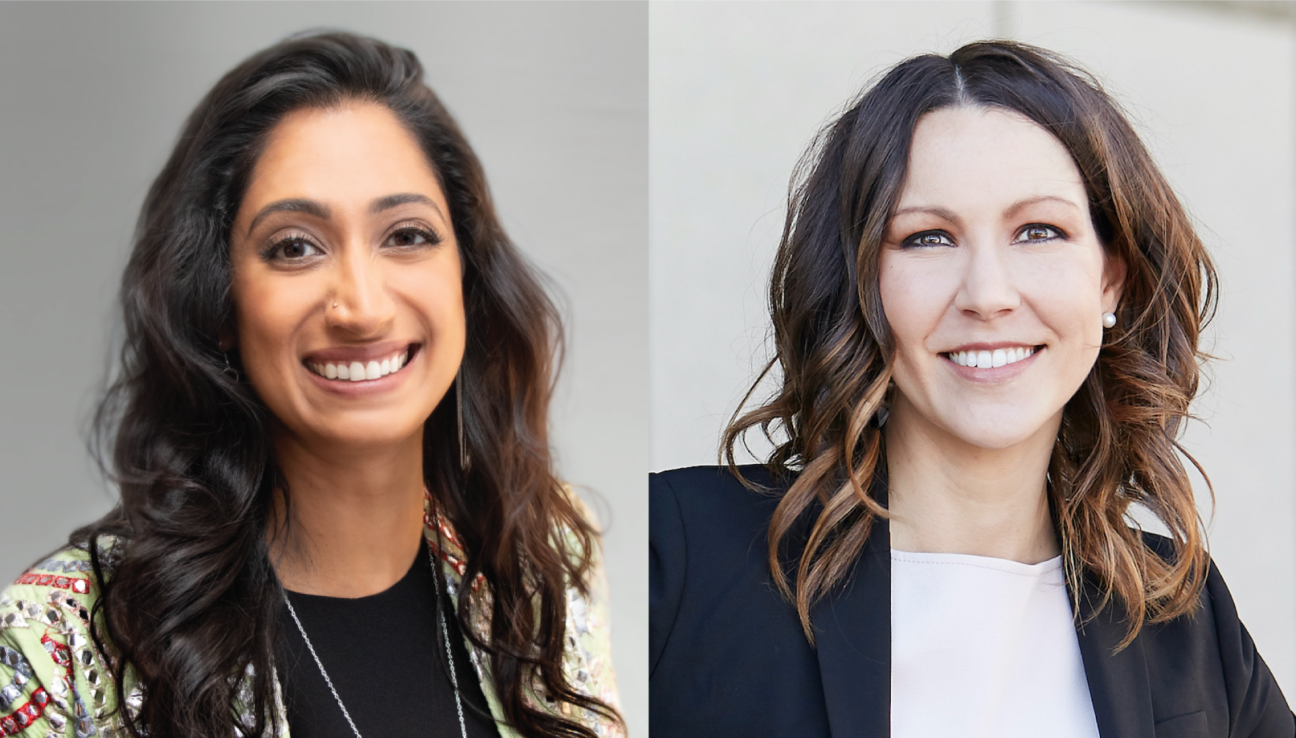
Arts and culture don’t thrive in isolation. They thrive when artists, institutions, and policymakers work in concert. Michael J. Bobbitt, Executive Director of the Massachusetts Cultural Council, is making that bridge his life’s work, showing how government and the arts can partner to create healthier, stronger, more sustainable communities.
From his early days as a performer and choreographer to his current role shaping statewide cultural policy, Michael has witnessed both the joys and the shortcomings of the arts sector. In this episode, he argues that the sector’s future depends on how boldly we organize, build cross-sector partnerships, and demand our place at the table.
For arts leaders everywhere, Michael’s message is clear: advocacy is not optional—it’s the key to a sustainable future.




